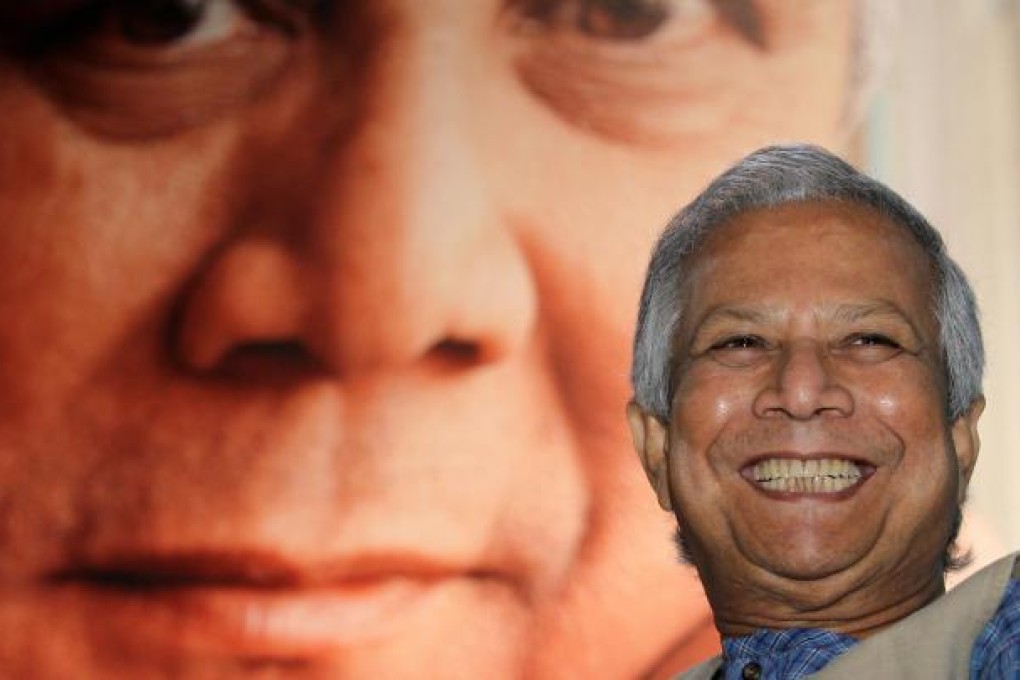Letters to the Editor, August 19, 2012
Inexpensive way to make slopes safer, Mall stores joins campaign to save power, and others

Jake van der Kamp is quite right that the government's non-development-clearance programme was a significant contributing factor to avoiding deaths from landslides ("Think our moonscape slopes are safe? On your head be it", August 12).
Under this programme several thousand squatters were moved off slopes into temporary housing.
However, his comment implying a potential lack of longer term safety through the use of spray concrete slope surfacing is alarmist and not entirely correct.
Part of engineering slope- safety improvement practice is to keep water out of slopes by installing up-slope drainage channels to cut off surface water run-off as well as by providing slope surfacing systems to prevent rainfall infiltration.
In this regard, sprayed concrete is a very useful tool.
Drainage from behind the sprayed-concrete slope surfacing is addressed by the installation of "weep holes" through the spray concrete to let water out - if indeed, having prevented infiltration, there is any there - and, where necessary, through longer drainage tubes installed in the slope.